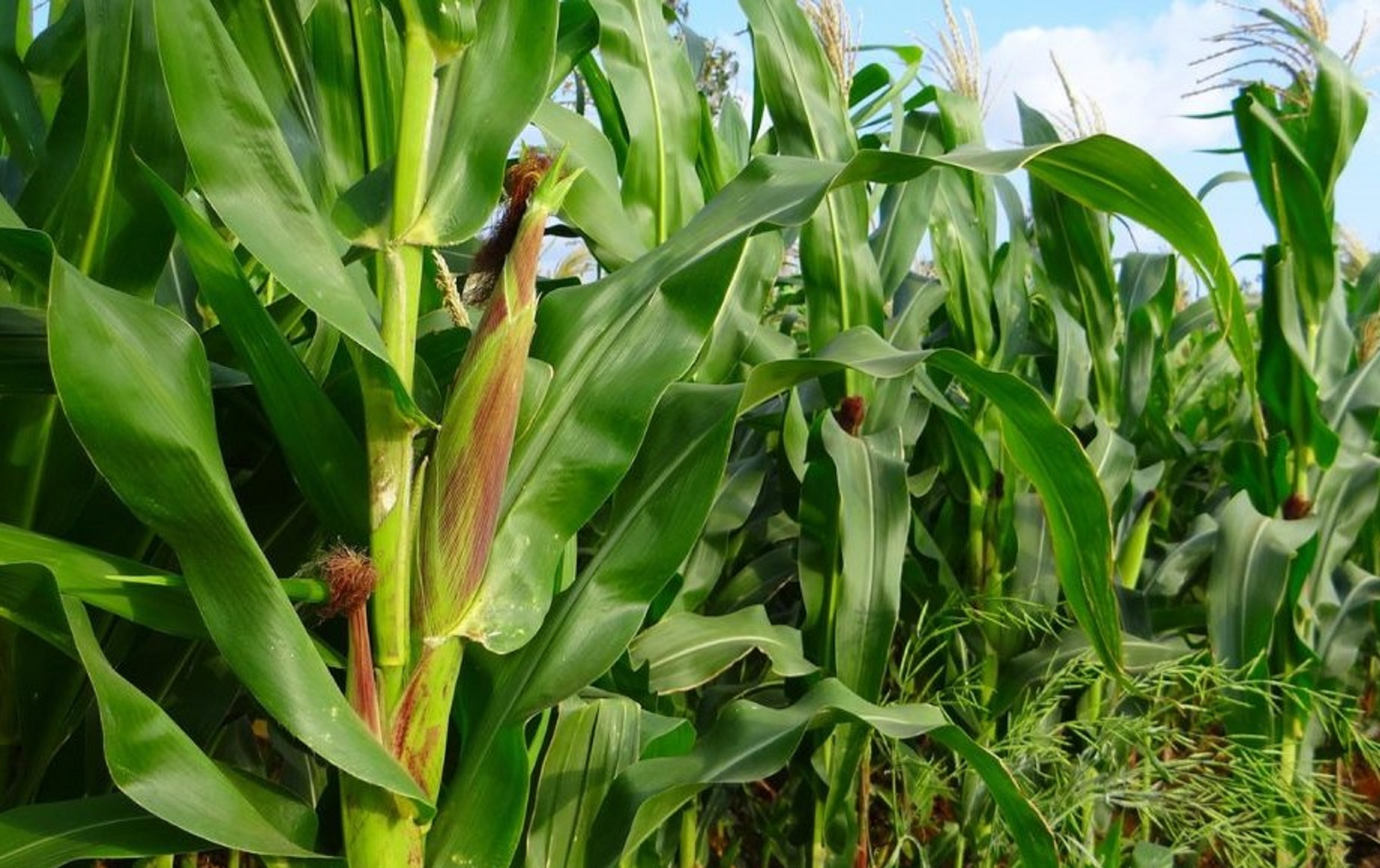Sub-Saharan Africa is experiencing a “perfect storm” due to the ongoing electricity, fuel and fertilizer crisis, exacerbated by the war in Ukraine, according to Simon Norton, Executive Director of the International Zinc Association (IZA) Africa.
While inflation levels urgently need to be tamed and the debt burden made more sustainable, perhaps no priority is more pressing than addressing food insecurity to safeguard the calorific and nutrition needs of Africa’s one billion people, and also to protect their human development.
According to the 2022 Global Report on Food Crises Mid-Year Update, at least one in five Africans goes to bed hungry and an estimated 140 million people in Africa face acute food insecurity. The Horn of Africa in particular suffers from persistent drought. Countries that depend on Russia and Ukraine for wheat and sunflower oil imports have seen prices skyrocket out of reach of ordinary people.
Key to ensuring food security in Sub-Saharan Africa is to boost agricultural productivity. This is where zinc stands to play a vital role. “Adding zinc compounded fertilizer to soils is a powerful intervention that can go a long way to increase crop yield and nutritional value significantly, while boosting the bottom line for farmers,” highlights Norton.
At present it is estimated that 50% of agricultural soils devoted to cereal cultivation are potentially zinc deficient. In zinc-deficient soil conditions, plants show a high susceptibility to environmental stress factors such as drought, heat stress and pathogenic infections, which results in chlorosis and necrosis of leaves and stunts general plant growth.
The high prevalence of zinc-deficient soils in major agricultural zones including Southern Africa severely limits agricultural productivity. Zinc fertilizers can, therefore, make a significant contribution towards the goal of higher crop yields in a sustainable and environmentally responsible manner. Simultaneously, zinc fertilizers can enhance grain zinc concentration and thus contribute greatly to the daily zinc intake of human populations.

A study for the Food and Agricultural Organization (FAO) by Sillanpää revealed that zinc was the most commonly deficient micronutrient in the world. Out of 190 field trials in 15 countries, zinc deficiency was prevalent in one out of every two.
Zinc deficiency in food crops reduces yield capacity and lowers the nutritional value. This is mainly because zinc is one of the eight key trace elements that plants need for normal growth and reproduction.
Plants require zinc in small but critical concentrations for several key functions, including membrane function, photosynthesis, protein synthesis, phytohormone synthesis (such as auxine), seedling vigour, sugar formation and defence against disease and abiotic stress factors (such as drought). Even when a plant’s macronutrient requirements of nitrogen, phosphorous, potassium and water are met, zinc deficiency prevents plants from reaching their full potential.
“Adding zinc fertilizer to soils is a straightforward intervention that can go a long way to increase crop yield and nutritional value significantly, while boosting the bottom line for farmers.” – Simon Norton, Executive Director, International Zinc Association Africa
Source: International Zinc Association









